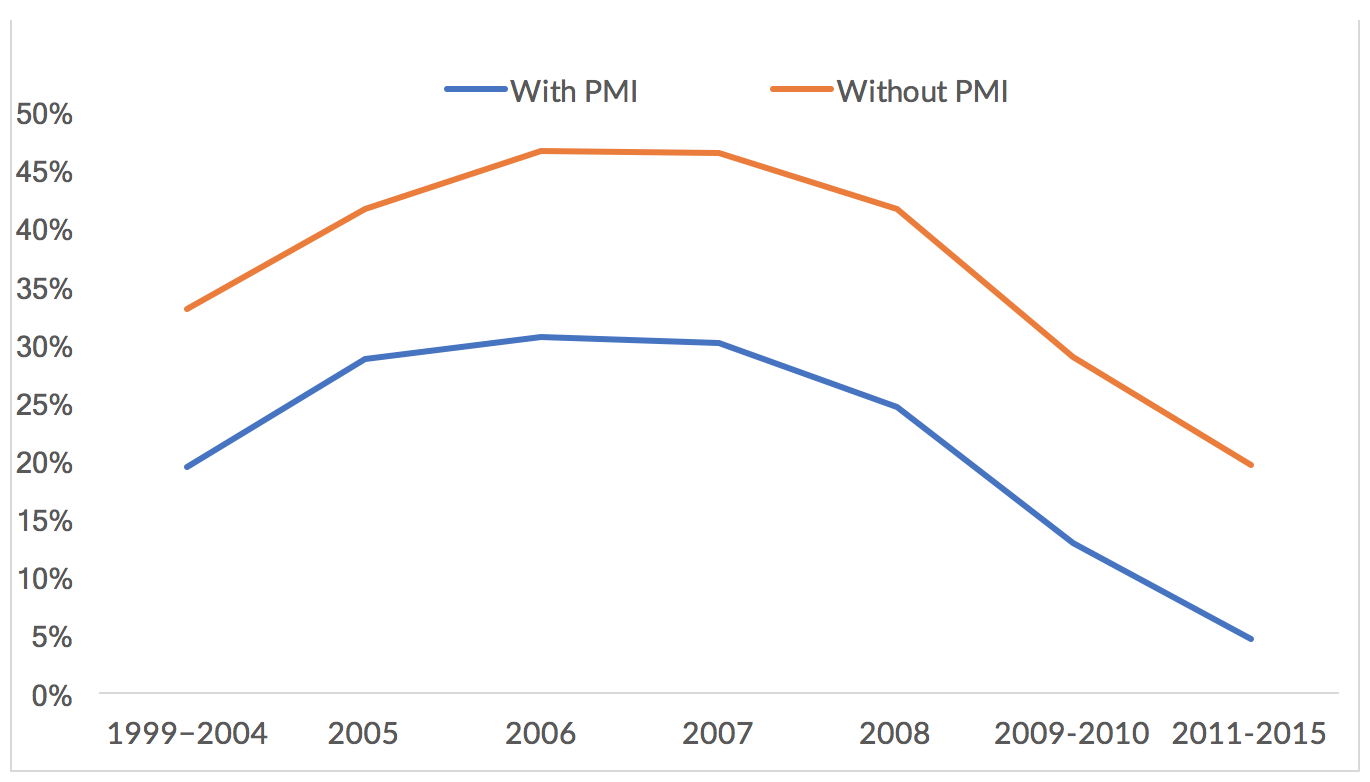WASHINGTON — Lindsey Johnson, President of U.S. Mortgage Insurers (USMI), today issued the following statement on the U.S. Senate Banking Committee’s confirmation of Dr. Mark Calabria as the Federal Housing Finance Agency (FHFA) Director:
“USMI applauds the Senate Banking Committee’s approval of Dr. Mark Calabria to serve as the next FHFA Director. Dr. Calabria’s extensive public service and deep understanding of the mortgage finance system will serve the Agency, Fannie Mae and Freddie Mac (the “GSEs”), market participants, and homebuyers well.
“Dr. Calabria has long been an advocate for greater taxpayer protection against mortgage credit risk, including the use of private mortgage insurance to guard taxpayers and the federal government from financial risk on low down payment lending. We are confident that Dr. Calabria will continue to recognize the importance of private mortgage insurance in the conventional mortgage market both in helping creditworthy low down payment borrowers qualify for home financing, while also protecting American taxpayers from undue mortgage credit risk. Over the last 60 years, private MI has helped more than 30 million individuals become homeowners. Right now, private mortgage insurance protection is the only source of private capital that is permanently dedicated to standing in a first-loss position in front of the GSEs and taxpayers on GSE-backed mortgages, through various credit cycles.
“USMI looks forward to working closely with Dr. Calabria to ensure that borrowers continue to have competitive options for low down payment mortgage finance credit in the conventional market and to protect taxpayers even further. USMI urges a quick Senate Floor vote and support for Dr. Calabria. For more than 60 years, private mortgage insurers have played a leading role in promoting affordable and sustainable homeownership and we look forward to building upon this important mission in the future.”
###
U.S. Mortgage Insurers (USMI) is dedicated to a housing finance system backed by private capital that enables access to housing finance for borrowers while protecting taxpayers. Mortgage insurance offers an effective way to make mortgage credit available to more people. USMI is ready to help build the future of homeownership. Learn more at www.usmi.org.











